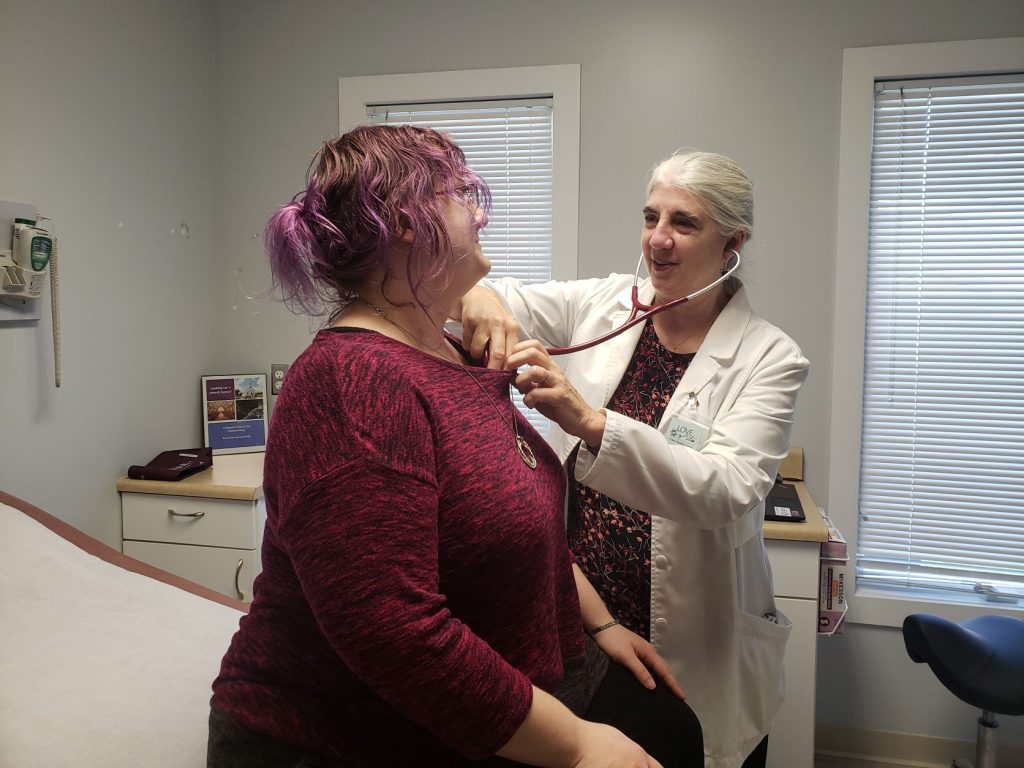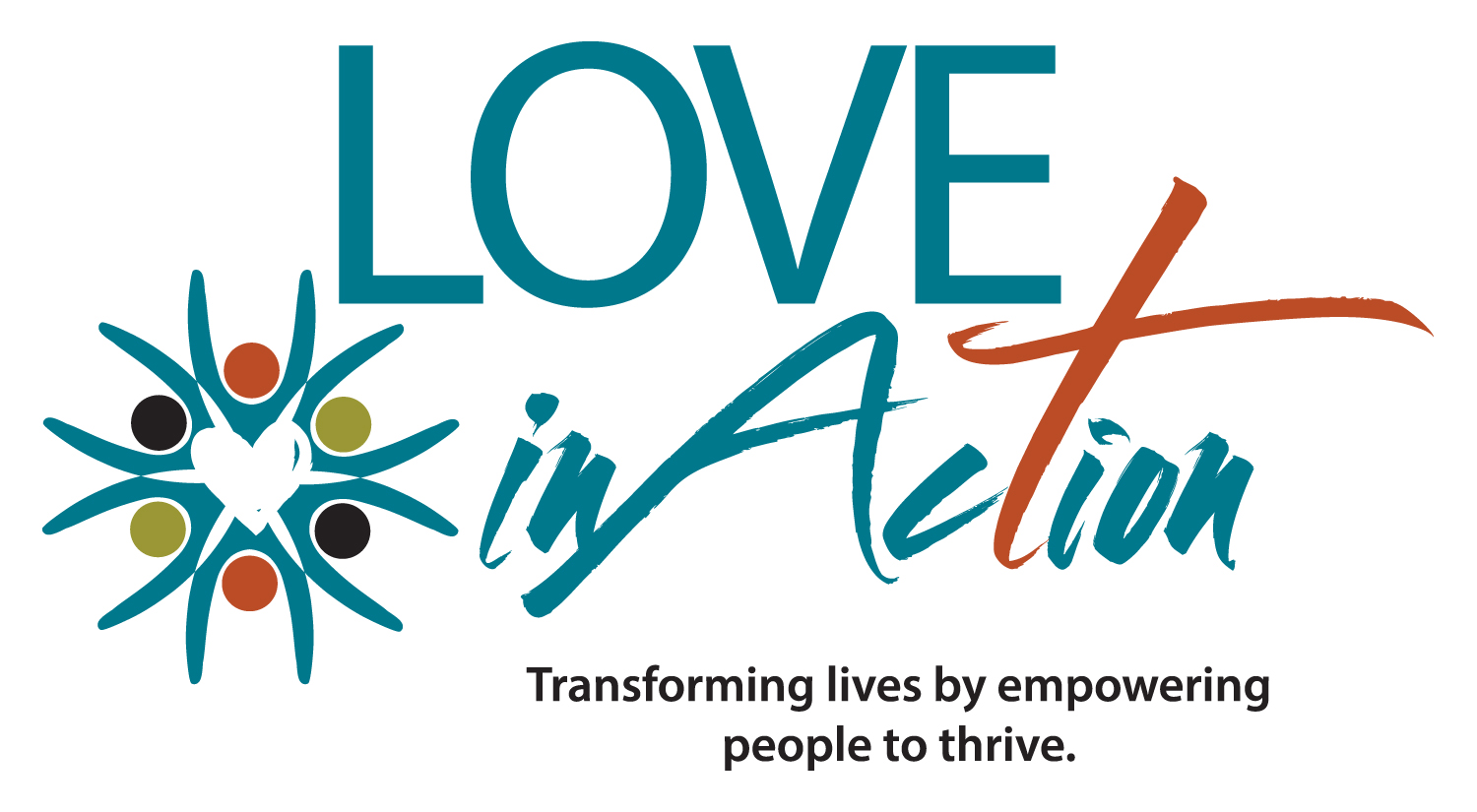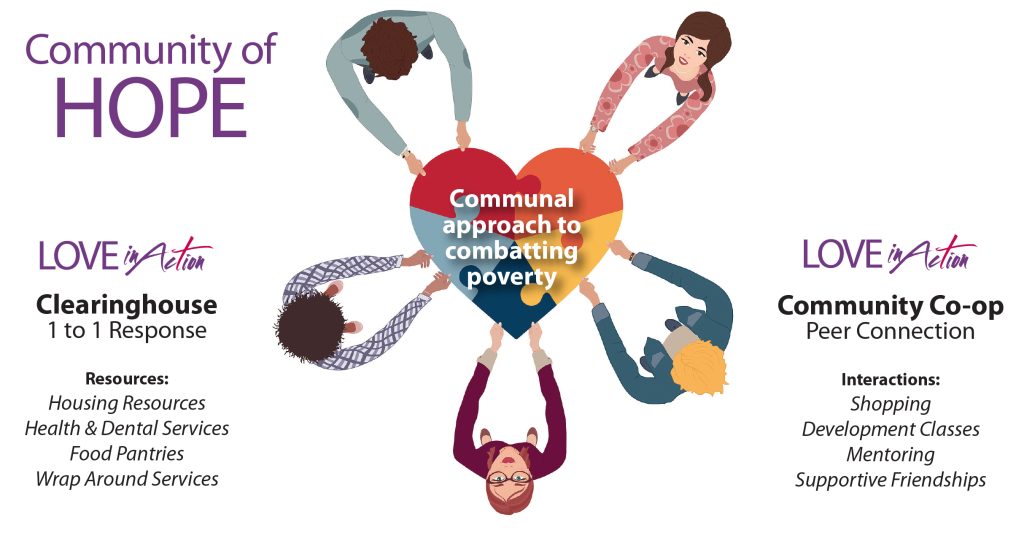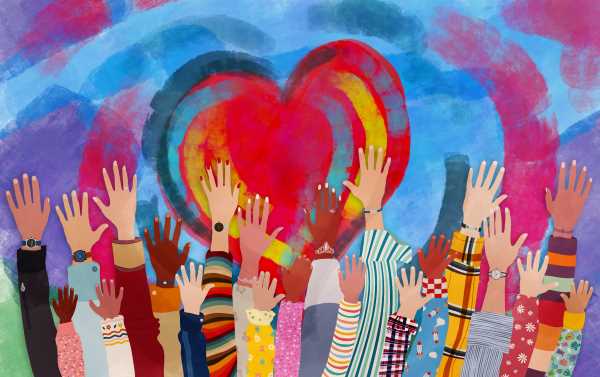Thank you for your gift. Lives are changed, not merely because resources make a difference, but also because compassion does.
Donation Impact
- ♥ $25 one month of Backpack Blessings
- ♥ $50 One night of shelter including meals and support
- ♥ $231 cost per patient visit at the Health/Dental Clinic
- ♥ $200 one week’s worth of groceries
- ♥ $300 average cost of utility assistance
- ♥ $1100 average cost of rental or mortgage support
Love in Action is a non-profit ministry organized as a 501c3 in the State of Michigan.





 Previous Post
Previous Post Next Post
Next Post